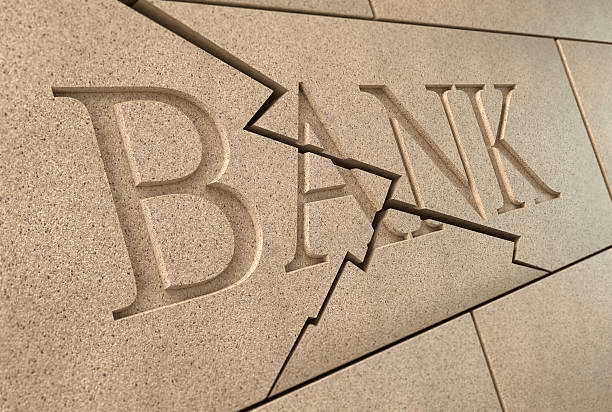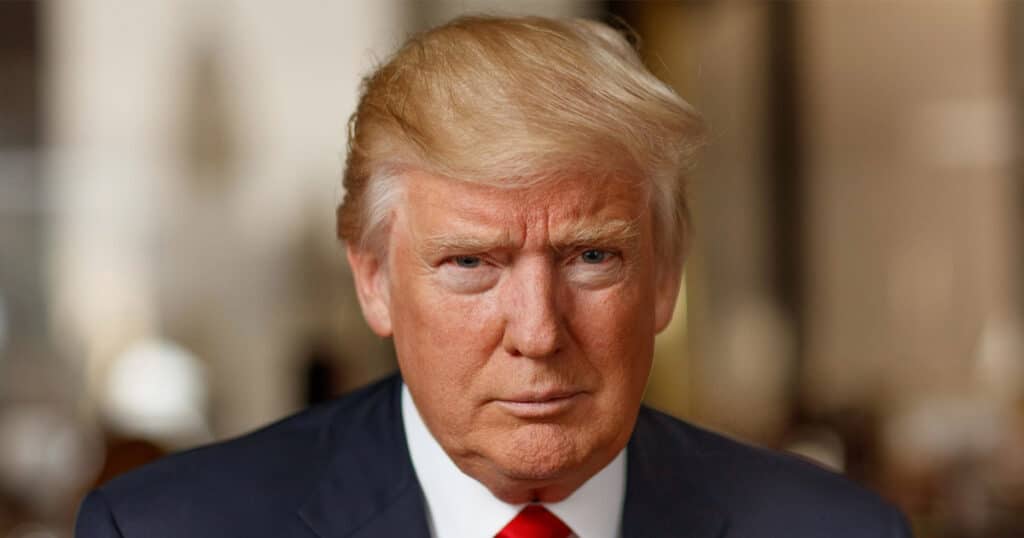
Was Biden Unconscious Or Was It Premeditated When He Essentially Federalized U.S. Banks?
What’s in a word? Many times a lot, and that was on clear display over the past weekend. Here are four to pick from, federalization, nationalization, bailout, or guarantee.
On Friday, Silicon Valley Bank’s stock price collapsed which essentially started a bank run, after the bank disclosed that it had lost $1.8 billion dollars on asset sales. For those of you that aren’t familiar with the term “bank run,” a run occurs when a large group of depositors withdraw their money from banks at the same time. Customers in bank runs typically withdraw money based on fears that the institution will become insolvent. With more people withdrawing money, banks will use up their cash reserves and can end up defaulting.
In order to avoid that outcome, federal regulators stepped in and shut down the bank, placing it in receivership under the Federal Deposit Insurance Corporation (FDIC), which typically means liquidating the bank’s assets to pay back depositors and creditors.
The collapse sent shock waves through the entire banking industry and shook public confidence. In order to calm fears, on Sunday, the government announced that it was shutting down Signature Bank which was also in a precarious financial position. However, it would fully guarantee the deposits for both institutions.
So what the hell happened? Well, Silicon Valley Bank’s (SVB) assets exploded along with the growth in the tech sector, which benefitted from the pandemic lockdown.
At the end of 2019, the bank’s assets grew from approximately $71 billion to $220 billion by the end of March 2022. Actual deposits grew from $62 billion to $198 billion over that same period.
With so much money on hand, SVB invested heavily in U.S. government bonds, since interest rates were near zero. At the time, it seemed like a safe bet, then Biden’s inflation took hold and the Fed aggressively increased interest rates in an attempt to slow the inflation rate.
It’s an inverse ratio, and when interest rates rise, bond prices fall, so SVB’s bond holdings were decimated. Last week, the 10-year treasury yield was approximately 3.9 percent, while SVB’s portfolio was yielding only 1.79 percent. The problem was compounded because as prices rose, tech companies needed more cash to pay down their debt, which meant withdrawals from SVB increased.
In order to stem the tide of their losses, SVB announced last Wednesday that they were forced to sell off the bulk of their securities at a loss. In addition, they intended to sell $2.25 billion in new shares in order to raise additional capital.
The announcement spooked customers, that then began withdrawing large amounts of cash. On Thursday, SVB shares dropped 60 percent, dragging down other bank shares, and triggering Friday’s shutdown.
So what does it all mean? According to Robert Altman, a former Deputy Treasury Secretary under Clinton, nothing good. In an interview with CNN host Kaitlan Collins, Altman said:
“What the authorities did over the weekend was absolutely profound. They guaranteed the deposits, all of them, at Silicon Valley Bank. What that really mean, and they won’t say it, and I’ll come back to that, what that really means is that they have guaranteed the entire deposit base of the U.S. financial system. The entire deposit base. Why? Because you can’t guarantee all the deposits in Silicon Valley Bank and then the next day say to the depositors, say, at First Republic, sorry, yours aren’t guaranteed. Of course they are. So this is a breathtaking step which effectively nationalizes or federalizes the deposit base of the U.S. financial system. You can call it a bailout, you can call it something else, but it’s really absolutely profound. Now, the authorities, including the White House, are not going to say that because what I just said of course implies that they have just nationalized the banking system. Technically speaking, they haven’t. But in a broad sense, they are verging on that.”
When Collins referred to Altman’s statements as “remarkable,” he emphasized that he had not said the banks had been nationalized.
“I said they are verging on that because they have guaranteed the entire deposit base. Usually the term nationalization means that the government takes over the institution and runs it and the government owns it. That would be the type of nationalization we have seen in many other countries throughout the world. Obviously, that did not happen here. When you guarantee the entire deposit base, you have put the federal government and the taxpayer in a much different place in terms of protection than we were in a week ago.”
The full effects of Biden’s decision are yet to be revealed, but like everything else with this administration, the preselected will benefit and the rest of America will pay the price.


